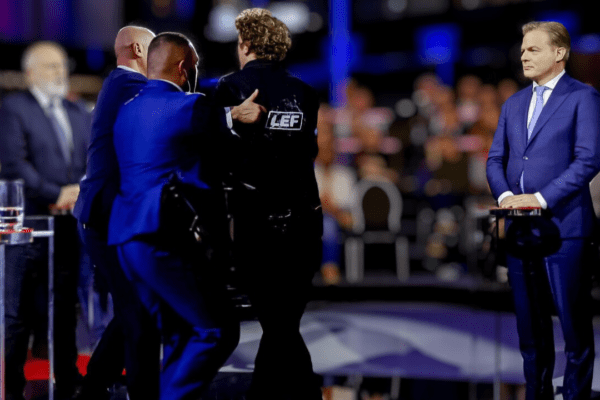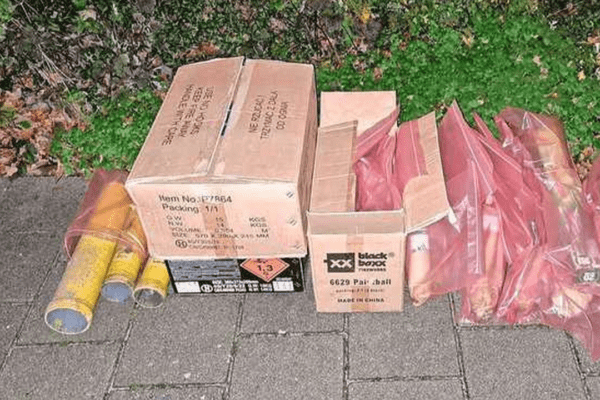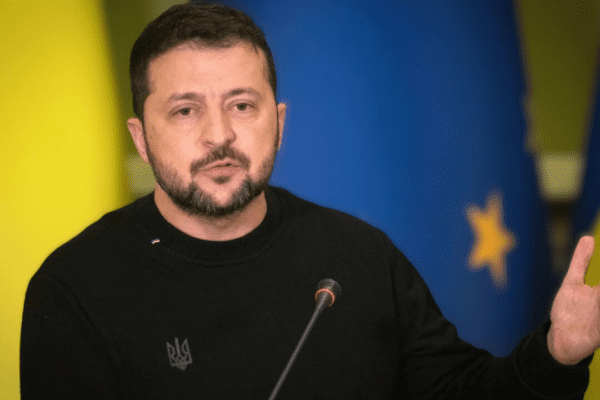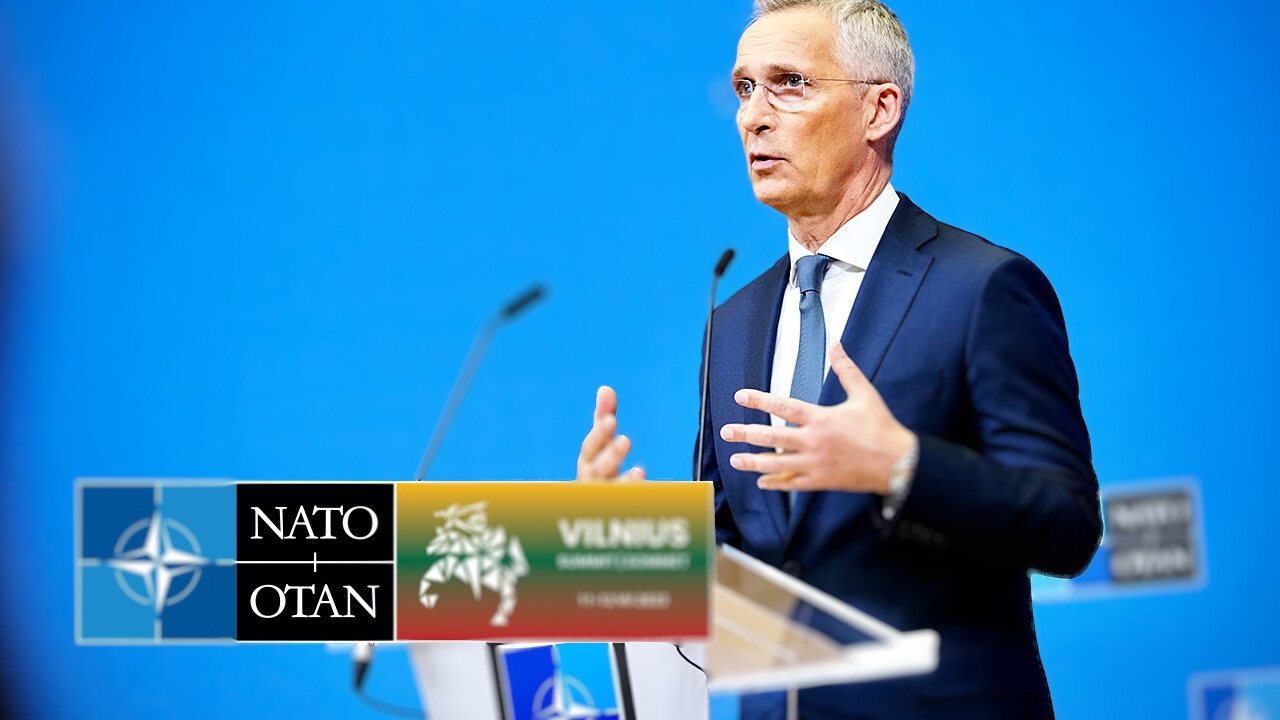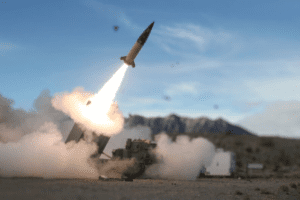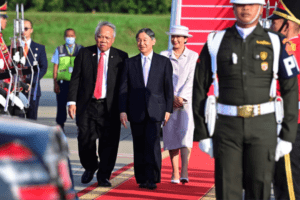NATO leaders will take meaningful action next week at a high-level conference in Vilnius, Lithuania
White House Correspondent Patsy Widakuswara examines NATO’s need to develop a coherent approach to what it regards as a danger to China, as well as the challenges it may encounter in doing so.
The Ukraine conflict and the tensions in the Taiwan Strait are geographically apart.
However, the two are geopolitically linked, as NATO Secretary General Jens Stoltenberg stated earlier this year in Tokyo.
“Winning in Ukraine would send the message that authoritarian regimes can achieve their objectives through brute force.”
“This is hazardous. Beijing is keeping a close eye on events and gathering lessons that may affect future actions.”
If Chinese President Xi Jinping decides to invade Taiwan, the US and NATO may be pushed into the fight unwittingly – a scenario for which the alliance must prepare.
China was described as a “systemic challenge to Euro-Atlantic security” in NATO’s Strategic Concept presented last year at the Madrid Meeting.
They will have to put the plan into effect this year at the Vilnius summit in Lithuania.
Aside from Taiwan and freedom of navigation concerns, NATO is concerned about Beijing’s increasing control over important European infrastructure, such as the 5G network, and the consequences of its operation.
“So cyber and hybrid activities, but also more generally, Chinese political influence in Europe is certainly a growing concern,” says Anca Agachi of the Atlantic Council.
Australia, Japan, New Zealand, and South Korea participated at the NATO summit last year and will do so again in Vilnius.
“These Indo-Pacific countries have unique experience engaging with China and can bring a valuable perspective to the discussion,” said National Security Council spokesman John Kirby.
While allies may agree that China’s challenge is real, they differ on how to address it.
Many European countries rely heavily on Chinese investment and trade.
According to EU data, China accounts for almost 10% of Europe’s exports and about 20% of its imports.


